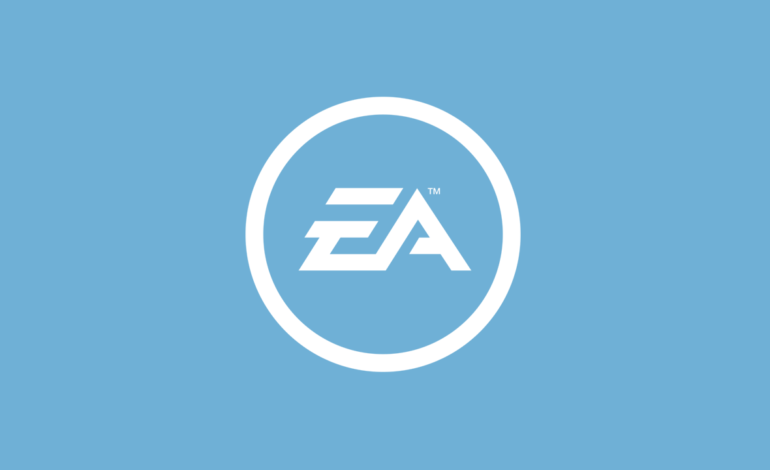

AI is probably the most controversial issue in gaming this year. The only thing that might come close is the mass shutdowns and layoffs that have been sweeping the industry since the end of lockdown. Between the two though, only one has led to a strike by SAG AFTRA sprouting up to combat it. The current SAG AFTRA strike, which began in late July of 2024 and has not concluded as of September 18th, 2024, is focused around the use of AI to create actor’s performances without their consent or input. The main opponent in the negotiations is a joint coalition of the most prominent game publishers including Disney, Activision, and Electronic Arts. Speaking of Electronic Arts, during its livestream yesterday for its Investor Day 2024, CEO Andrew Wilson even said that generative AI “is not merely a buzzword for [the company], it’s the very core of our business.”
Talking further about the use of generative AI in the company, Wilson comments that the content is focused in three specific areas: efficiency, expansion, and transformation. Of these three, efficiency made the most sense, finding ways for the AI to deal with the slower, tedious, less creative parts of a project is a dream that most creators can get behind, but having AI as a generative part of the process muddies the waters. AI learns to generate by copying bits and pieces from other sources. Meaning anything generated by the AI is taken from other sources, oftentimes without explicit consent, given the relatively new popularity of AI in public use. The expansion and transformation ideals aren’t much better, both also using generative AI to create content, this time in a way that is much more tangible to the audience. These three facets are meant to provide experiences that are “rooted in self-expression, content creation, curation, and instant gratification. The kind of entertainment that today’s players and fans deeply crave,” according to Wilson.
While the results of generative AI might be increased efficiency, AI art has often come under critique for being soulless for lack of a better word. The lack of a human creator with specific intent is often a subject of debate. Furthermore, AI is oftentimes using more power than other methods. One example outside the realm of gaming being that “every ChatpGPT needs nearly 10 times as much electricity to process as a Google search,” according to a Goldman Sachs article. In other words, it’s a much larger requirement for an often less than stellar outcome. AI is an energy burden at its current stage, especially with the ongoing climate crisis that has arisen from energy production methods like burning fossil fuels. AI simply isn’t in a position to push the future that EA is describing in a safe and sustainable manner.
However, if the comments by Wilson, further explained by Laura Miele, president of EA Entertainment and Technology, are to be taken at face value, AI will be the company’s focus for the foreseeable future.
Play games, take surveys and take advantage of special offers to help support mxdwn. Every dollar helps keep the content you love coming every single day.
